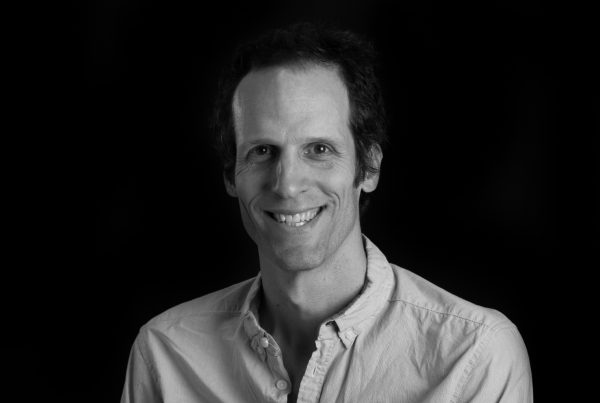I completed my MSc at the University of Buenos Aires in 1998 working on the measurement of the production cross section of direct photons at the D0 experiment (Fermilab, USA). I worked in Sweden as a member of the Astroparticle Group of the Royal Institute of Technology studying cosmic rays before starting my PhD (2003, University of Buenos Aires) measuring the properties of quarks and gluons in high energy collisions at D0. In 2003 I became a postdoctoral Fellow at Harvard University where I worked mainly at the CDF experiment (Fermilab) on top-quark physics and detector operations. In 2008 I joined the IFAE (Institut de Física d'Altes Energies) LHC-ATLAS experiment group as an ICREA Researcher. In 2012 I became an ICREA Research Professor. I am currently leading the ATLAS Detector upgrade effort at IFAE.
Research interests
My research has been focused on high-energy experimental particle physics: understanding which are the fundamental constituents of nature and how they interact. At the Fermilab Tevatron accelerator I have performed studies of QCD and the properties of the top quark. At the LHC accelerator at CERN I conducted searches for new physics in the top sector. I am now leading a coordinated project to fabricate semiconductor tracking and timing detectors for the ATLAS experiment. During the first stage of this project 3D pixel silicon sensors designed and produced at Barcelona were included in the innermost detector layer of ATLAS. Currently, we are fabricating 3D pixel modules for the coming high-luminosity LHC era. I am also the deputy Project Leader of the ATLAS High Granularity Timing Detector (HGTD). The HGTD will provide timing information from novel LGAD silicon sensors. My group also aims to produce about 10% of the modules for HGTD in-house.
Selected publications
- ATLAS Collab. 2024, 'Search for leptoquark pair production decaying into tete or tμtμ in multi-lepton final states in pp collisions at √s=13 TeV with the ATLAS detector', Eur. Phys. J. C, 84, 818.
- ATLAS Collab. 2024, 'Combination of searches for pair-produced leptoquarks at √s=13 TeV with the ATLAS detector', Phys. Lett. B, 854, 138736.
- ATLAS Collab. 2024, 'Search for pair production of higgsinos in events with two Higgs bosons and missing transverse momentum in √s=13 TeV pp collisions at the ATLAS experiment', Phys. Rev. D, 109, 112011.
- ATLAS Collab. 2024, 'Measurement of the total and differential cross-sections of ttW production in pp collisions at √s=13 TeV with the ATLAS detector', JHEP, 05 - 131.
- ATLAS Collab. 2024, 'Combination of Searches for Resonant Higgs Boson Pair Production Using pp Collisions at √s=13 TeV with the ATLAS Detector', Phys. Rev. Lett., 132 - 231801.
- Wu, TY et al. 2024, 'Beam test of a 180 nm CMOS Pixel Sensor for the CEPC vertex detector', Nucl.Inst. Meth.Phys.Research A., 1059.
- Li, SQ et al. 2024, 'Beam Test of a Baseline Vertex Detector Prototype for CEPC', Ieee trans. on nucl.scie, 71 - 6 - 1319 - 1323.
- Grinstein S et al. 2024, 'The effects in fabrication and performance of carbon doping on IMB-CNM manufactured LGADs', Nucl.Inst. Meth.Phys.Research A. 1064 -169424.
Selected research activities
* Directed thesis: V. Gautam, UAB, July 2024.
* Principal investigator of the ATLAS-Upgrade group at IFAE (MICIU, Spain).
* AIDAInnova WP5 co-coordinator (H2020, EU).
* Deputy Project Leader of the ATLAS High Granularity Timing Detector (since 2021).
* HGTD Module Assembly co-convener (since 2018).
* Member of the Project Management Office sub-committee for the ATLAS Muon System (since 2021).
* Referee for publications in NIM A, Proceedings of Science (PoS), JINST and Frontiers.
* Referee for funding programs in Spain (ANEP), UK (STFC) and Argentina (ANPCYT).
* Currently directing six PhD students.
